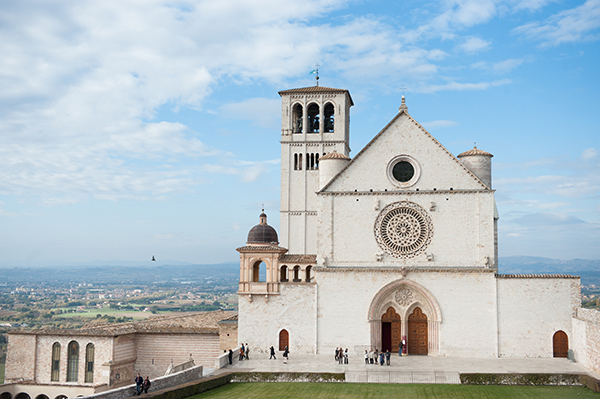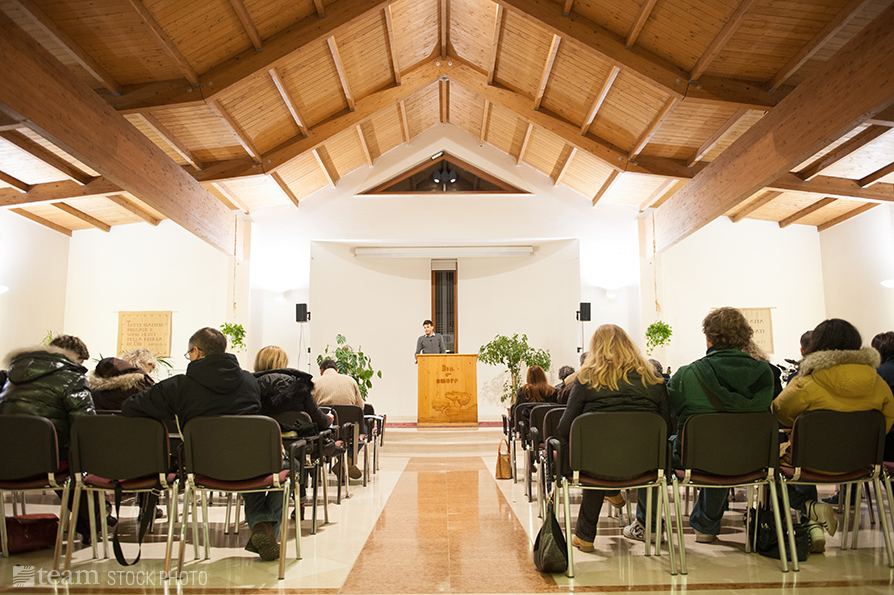
Sending Churches
Just Church
March 31, 2015
by Charles Davis

We asked Charles Davis, a retired TEAM missionary and author of Making Disciples Across Cultures (IVPress), to share about the modern understanding of church. This opinion column also appears in the spring 2015 issue of Horizons magazine.
How can we go to church if we are the church?
When we do go to church, how do we know a church is actually there?
How can there be many churches when there is only “one body?”
The modern understanding of the word “church” is flawed. For starters, it rarely appears without another adjective, such as mega, multi-site, small, universal, invisible, cell, emergent, organic or house. But, until we dig deeper into our theology surrounding the idea of church itself, it won’t help much to change the size, location, buildings, programs or organizational structures. Church must be defined by the way believers function when they gather together and not by the organizational structures that facilitate the gathering.
Perhaps I could offer an alternative definition: “Two or more believers who gather around the transforming presence of Christ to discern His will and carry it out.” (Adapted from Ruth Haley Barton, Pursuing the Will of God Together.)
But what about the sacraments? What about ordained leaders? What about public worship, the Gospel or preaching? And for many who may be reading this article: What about my job!?
None of these are contradictory to the definition offered — but by using this definition, the reason for which these other things exist changes. All these activities should be bent toward one end: doing the will of the Father on earth just as well as it is done in heaven. “Pointing to his disciples, [Jesus] said … whoever does the will of my Father in heaven is my brother and sister and mother.” (Matthew 12:49-50, NIV) Jesus very clearly does not say, “whoever knows the will of my Father…”
Why do we need leaders? To help us learn to discern the will of God and lead us in doing it. Why do we need the sacraments? To help us focus on the presence of Christ. Why do we need public worship? To help us celebrate His presence in expectation of discerning His will. Why do we need teaching of the Word? To know Him and to understand the parameters of His will.
It always puzzled me that “going to church” was so high on the list of expectations of believers when there was only one verse to sustain it — “Let us …. not [give] up meeting together …” (Hebrews 10:25, NIV) But notice the verse that precedes it: “And let us consider how we may spur one another on toward love and good deeds.” (Hebrews 10:24, NIV) Sounds like discerning His will together!
Imagine if two or more churches (traditional definition) were to combine their members, divide the city into sections, then encourage all the people who live in each to gather? They would each seek His will for their neighborhood in the transforming presence of Christ. Now that would be the church operating as one body and loving their neighbors as themselves. Best of all, they would do it in the unity of the Spirit. For “there is one body and one Spirit … one hope … one Lord, one faith, one baptism; one God and Father of all.” (Ephesians 4:4-6, NIV)
When my wife and I read the Bible and pray together after breakfast, we are functioning as part of the church. When we join others on Sunday morning for public worship, we rejoice in our identity in the family of God. When three couples from our neighborhood join us to pray for our neighbors, we enter the throne room as members of His body.
We don’t need to change the adjectives that come before the word church. We need to change our understanding of the word itself.
Related articles

